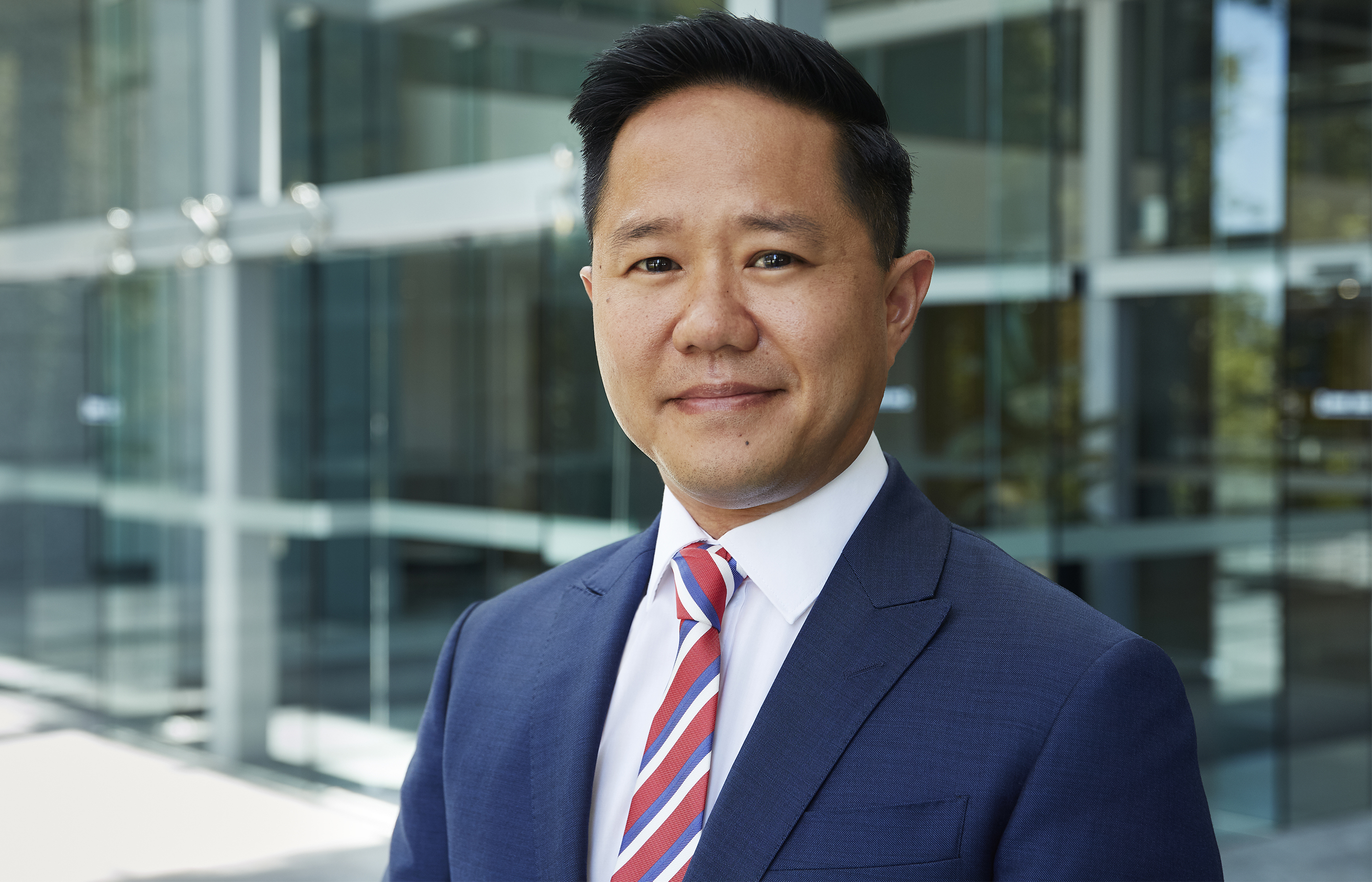In Tayeh v Commonwealth of Australia, in the matter of 1st Fleet Pty Limited (In Liq) [2020] FCA 1323, the Federal Court considered a number of issues regarding the proper constitution of a committee of inspection (COI) and the powers of the Court to cure irregularities in relation to COIs.
Justice Jagot ultimately found that the failures in relation to the COI in question were so fundamental that they could not be cured as “procedural irregularities” under section 1322 of the Corporations Act1 (Act).
1st Fleet Pty Ltd (in liq) and its related entities provided national transportation and related services (the 1st Fleet Group). The 1st Fleet Group was placed into administration on 25 April 2012, and then into liquidation on 22 May 2012.
The liquidators made a pooling determination in relation to the 1st Fleet Group on 21 June 2012, and subsequently convened a meeting of creditors on 2 July 2012 to (amongst other things) approve the pooling determination and also to appoint a COI.
The pooling determination was approved by the creditors, and the creditors went on to resolve that a COI be formed.
The resolution in respect of the COI stated that the COI be formed in accordance with section 548 of the Act, and that the members of the COI be:
However, IFCC was not itself a creditor and was instead the representative of several superannuation entities who were creditors. Similarly, TWU was not itself a creditor and was instead the representative for a number of employee creditors.
The COI held 11 meetings between 19 December 2012 and 25 February 2019 and passed a number of resolutions including resolutions authorising the liquidators to draw remuneration of over $5.6m.
In August 2018, the Commonwealth (who was an admitted creditor) raised concerns about the validity of the COI and the resolutions approving the liquidators’ remuneration.
The liquidators subsequently commenced proceedings seeking relief under section 1322 in relation to the COI.
The liquidators submitted that the resolutions should be construed on the basis that the creditors in fact intended to appoint AustralianSuper (one of the superannuation entities represented by IFCC) and Michael Thomas Scott (one of the employees represented by TWU) to the COI. The liquidators sought relief under section 1322 to this effect, which the liquidators said would validate the resolutions of the COI.
The Commonwealth opposed the application on the basis that there was no basis to construe the “intentions” of the creditors who voted at the 2 July 2012 meeting in this way.
Justice Jagot first noted that the COI resolution improperly referred to section 548 instead of section 548A of the Act (being the relevant provision of the Act at the time), and also failed to state the number of members of the COI. Justice Jagot was satisfied that these were procedural irregularities which could be cured by an order under section 1322 of the Act.
However, Justice Jagot was not satisfied that it was possible to infer that the creditors had intended to appoint AustralianSuper and Mr Scott to the COI as opposed to IFCC and TWU as stated in the resolution passed by the creditors, particularly given that each of AustralianSuper and Mr Scott were only one of many creditors represented by each of IFCC and TWU.
As IFCC and TWU were not creditors of the 1st Fleet Group, Justice Jagot went on to find that neither of these entities were eligible to be appointed to the COI, that the COI resolution had failed, and that no COI had been validly constituted.
Justice Jagot held that this failure was not a mere procedural irregularity but was instead a defect in substance as to the constitution of the COI, and was therefore incapable of being cured under section 1322 of the Act.
Justice Jagot concluded that all of the purported resolutions of the COI, including those relating to the liquidators’ remuneration, were invalid.
The Court’s powers under s1322 can be a powerful tool in addressing procedural irregularities. However, that power is not unlimited and will be able to remedy a fundamental failure to properly constitute a COI.
It is vital to properly identify members of a COI in the resolution appointing them, and to ensure that the requirements in relation to COIs (now located in Div 80 of the Insolvency Practice Schedule (Corporations) and Div 80 of the Insolvency Practice Rules (Corporations)) are satisfied.

[1] 2001 (Cth)